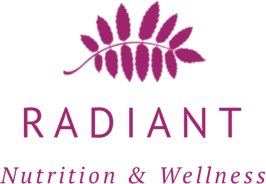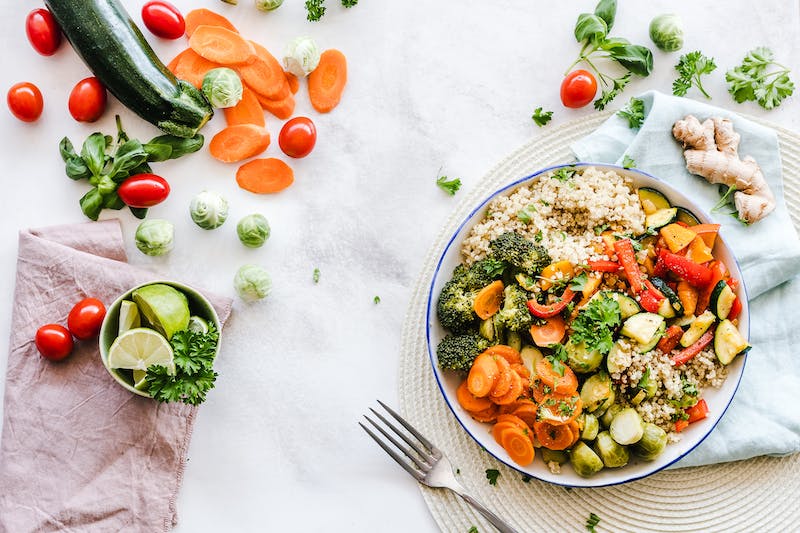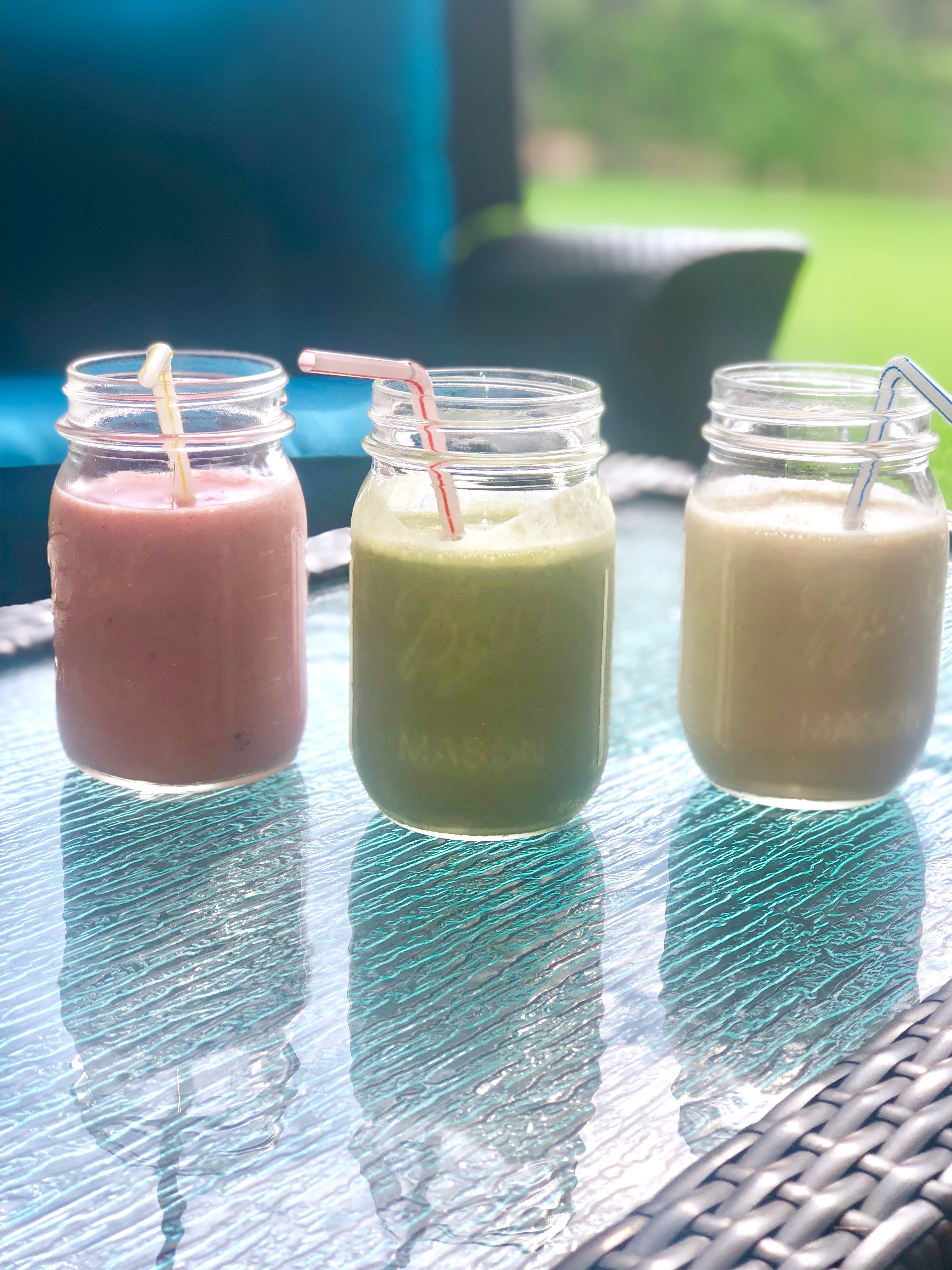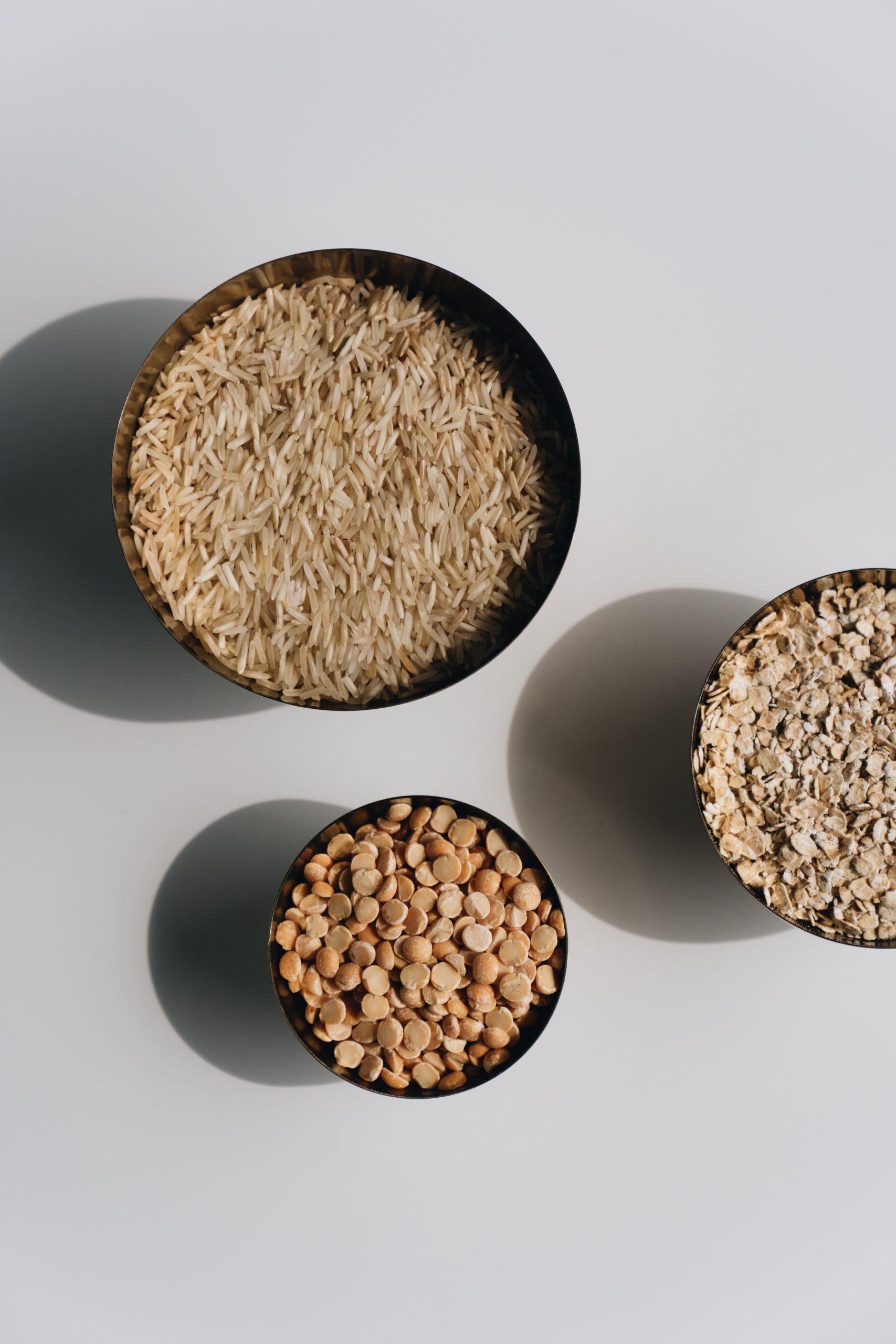What makes up our gut?
Our gastrointestinal (GI) tract runs through our entire body, starting from the mouth, where food enters, through 30 feet of intestines, where food is digested and either absorbed into the bloodstream for fuel, or discarded as waste. The food that is part of the process matters, and what we eat is the number one factor when it comes to the health of this vital body system.
Why is our microbiome so important?
Although scientists still have a lot to discover, studies such as this one give us a picture of the vast microbiome as the single most important regulating factor when it comes to our health. Going well-beyond digestion, everything from brain function and clarity to immunity is impacted by a healthy balance of good bacteria.
How do I know if something is wrong?
Signs that something is off in the gut microbiome include everything from brain fog and low energy to bloating and gas, as well as the tendency to become ill very easily.
What can I do to keep my microbiome healthy?
One of the easiest ways to increase the health of your gut is so simple, everyone could make the change starting today. It’s all about variety! Switching up the plant-based food in your diet increases the food available to healthy bacteria, which helps them to thrive. Plenty of fiber is key, so that variety should be based in plant foods, including fruits, vegetables, herbs (internal link to article on herbs), whole grains, beans and legumes. According to the Mayo Clinic, women should aim for 21-25 grams of fiber each day, while the requirement for men is 30-38 grams/day.
Probiotics vs Prebiotics
Simply put, probiotics are sources of good bacteria in the intestines. Some foods, such as yogurt and fermented foods like sauerkraut and kimchi can provide more of this bacteria. Prebiotics are the food that feed this bacteria. Prebiotics can be found in foods such as inulin fiber, artichokes, onions, garlics and herbs. The best way to ensure an optimal GI tract is to eat a variety of plant-based foods each day.





